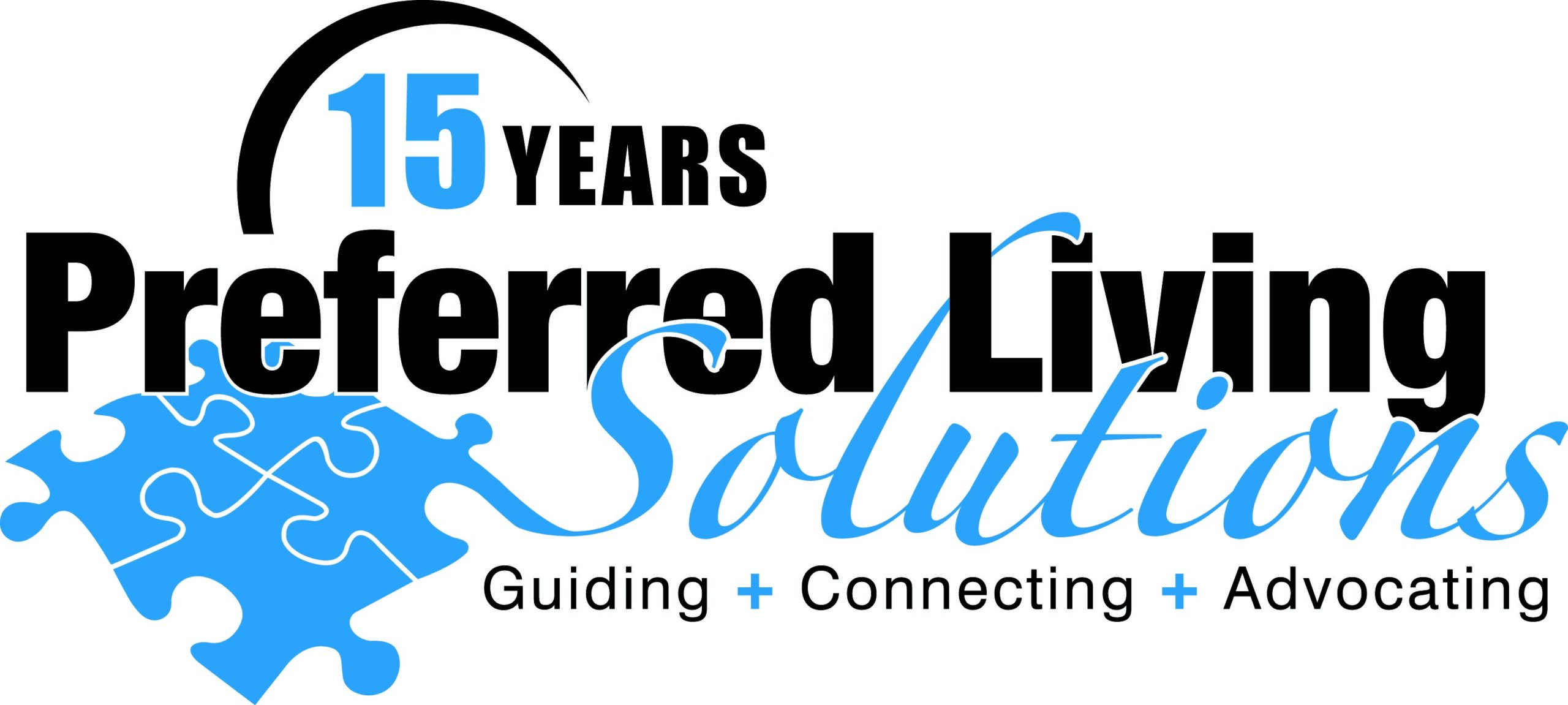As a geriatric care manager, I have so many case studies of what went well, or what was avoided because I was at my client’s bedside during her hospitalization, or his rehab stay. If you have spent time recently in an Emergency Department (ED), you have experienced firsthand how busy the staff members are. You may have felt overwhelmed by the number and type of staff the patient interacts with, the depth and breadth of information that is collected and verified, and how important it is to engage with the healthcare team, ask questions, and confirm information that is being conveyed.
“An advocate can be a family member, friend, trusted coworker, or a hired professional who accompanies you to your appointments and asks questions, writes down information, and speaks up for you so you can better understand your illness and get the care you need.” [Source: AARP]
Here are five reasons it is important to have an advocate in the room during medical crises, ED visits, hospitalizations, and times of transition (discharge to rehab or to home following hospitalization for example):
1. Don’t Assume: even if the patient is at a hospital that is part of their “in-network” and the MyChart “should” contain a complete and accurate record of all current medications (medical diagnoses, allergies, surgeries, etc.), do not assume this is always correct. The patient may or may not be coherent enough to be an accurate self-reporter about their current medical status. Always maintain a current list of medications that can be easily provided to the EMS first responder or ED nurse.
2. Second set of ears: a trip to the ED is rarely quick as it takes time for the healthcare team to thoroughly evaluate the patient. Lengthy stays in unfamiliar surroundings along with feeling unwell are great reasons to have a buddy (advocate) in the ED bay or room with the patient. Reminders to the patient about why he cannot have anything to eat or drink, or not to get out of bed without assistance are important for all the obvious reasons. Listening well to the nurse’s instructions makes the advocate a valuable partner to the patient as well as to family members or friends who are worrying about their loved one from a distance.
3. Information conduit: whether the patient’s loved ones are in the waiting room or waiting in another city or state, everyone is eager for updates with accurate information and to know the next steps they need to plan for, whether this be admittance to the hospital, or how best to support their loved one at home.
4. Note taker: good documentation practice is never a bad thing and sometimes, weeks or months down the road, as insurance and billing issues arise, it is beneficial to have a written record of events: healthcare providers’ names, lab work done, medical tests ordered and performed (or refused), follow-up orders, follow-up appointments scheduled, etc.
5. It’s all going to be okay: being sick can be scary and waiting for a diagnosis can be anxiety-producing. An advocate is that additional member of the team who knows when to ask the nurse for a fresh warm blanket, how to work the television remote, when to be available for a chat, and when to be a quiet, reassuring presence with a hand to hold.

